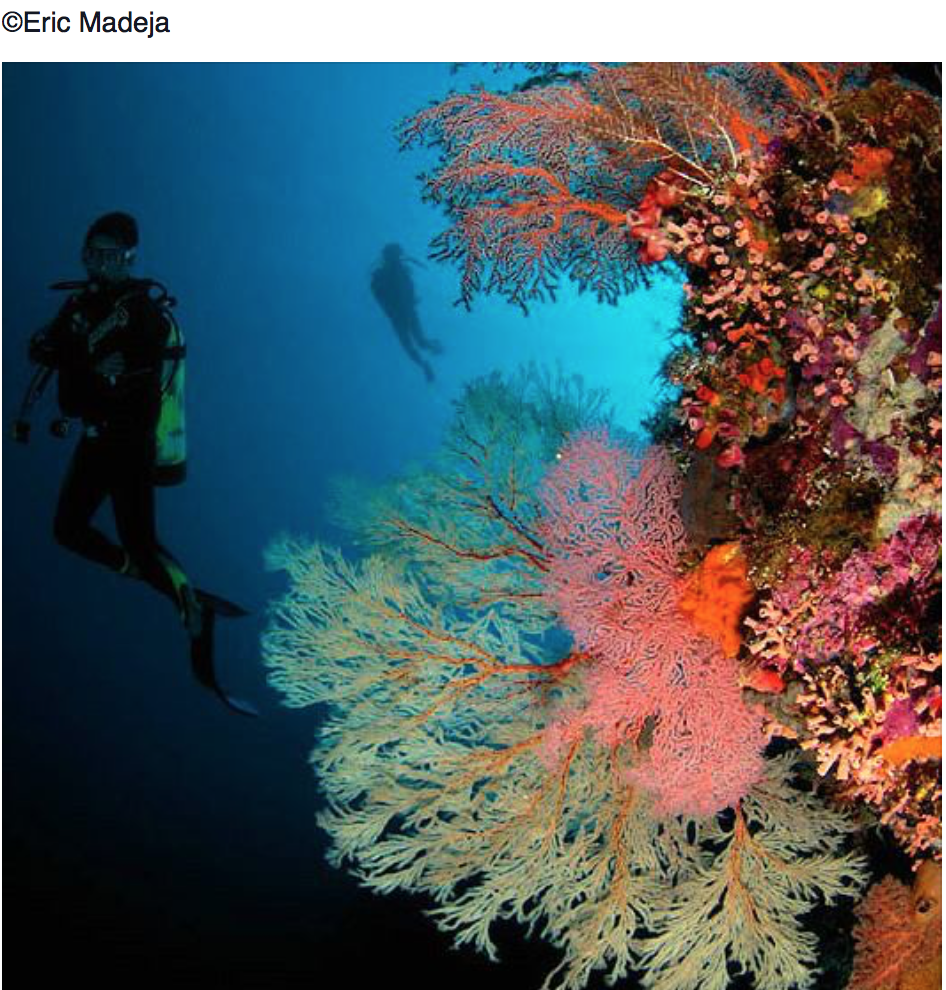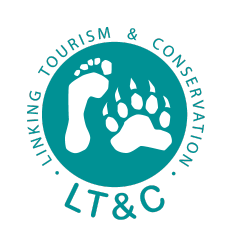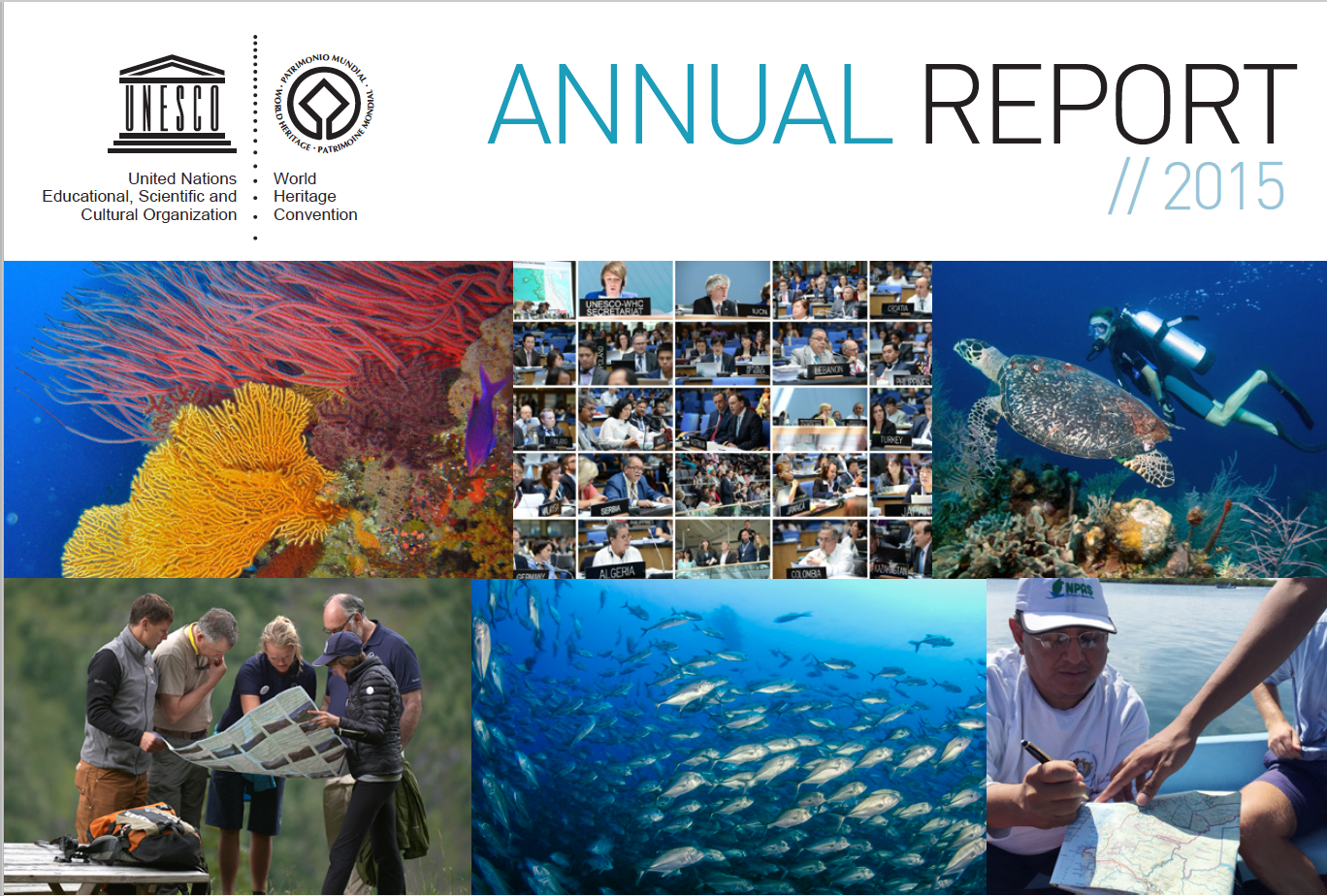You should read the Annual Report of the UNESCO World Heritage Centre Marine Programme for 2015: Marine World Heritage Report 2015. In the below reproduced introductory summary of Fanny Dover, Coordinator Marine Programme, UNESCO World Heritage Centre, you get an impression, what can be globally achieved within one year. In several of these success cases supportive tourism played a role. This report may inspire everybody involved in Linking Tourism & Conservation:
“As we reflect on the past twelve months, we have a lot to be grateful for. With your support, we have made big strides in protecting some of the world’s most spectacular places. In the Arctic, Russia’s Natural System of Wrangel Island Reserve—home to the world’s largest population of Pacific walrus—is now safe from drilling in the nearby Chukchi Sea. At Australia’s Great Barrier Reef, we helped achieve a ban on dumping of dredged material, secured a government commitment of AUS$200 million to improve water quality and a goal of reducing polluted runoff by 80% by 2025. In Belize, the government announced a permanent ban for offshore oil exploration in the entire Belize Barrier Reef Reserve System and the site now has a clear roadmap aimed at getting off the List of World Heritage in Danger. The Philippines’ Tubbataha Reefs Natural Park and Mauritania’s Banc d’Arguin National Park have both formally applied for better protection against shipping pollution, noise and groundings at the International Maritime Organization. We ended the year on a high note at COP21, where H.E. President Anote of Kiribati, home to  the largest World Heritage site, Phoenix Islands Protected Area, made an impassioned speech about the threat of sea level rise for unique ocean places and world leaders reached the first ever global climate agreement. None of these successes would have been possible without our partners. The Swiss watch manufacturer Jaeger-LeCoultre has been a driving force behind our success and we were pleased to renew our partnership with the Government of Flanders and welcomed new collaborations with the French Marine Protected Areas Agency and the Prince Albert II of Monaco Foundation. Despite new partner commitments, financial support for marine World Heritage remains too low to meet many of the challenges confronting our iconic marine places. Tackling this pressing problem will remain a key priority throughout 2016.”
the largest World Heritage site, Phoenix Islands Protected Area, made an impassioned speech about the threat of sea level rise for unique ocean places and world leaders reached the first ever global climate agreement. None of these successes would have been possible without our partners. The Swiss watch manufacturer Jaeger-LeCoultre has been a driving force behind our success and we were pleased to renew our partnership with the Government of Flanders and welcomed new collaborations with the French Marine Protected Areas Agency and the Prince Albert II of Monaco Foundation. Despite new partner commitments, financial support for marine World Heritage remains too low to meet many of the challenges confronting our iconic marine places. Tackling this pressing problem will remain a key priority throughout 2016.”
Fanny Douvere Coordinator Marine Programme, UNESCO World Heritage Centre



